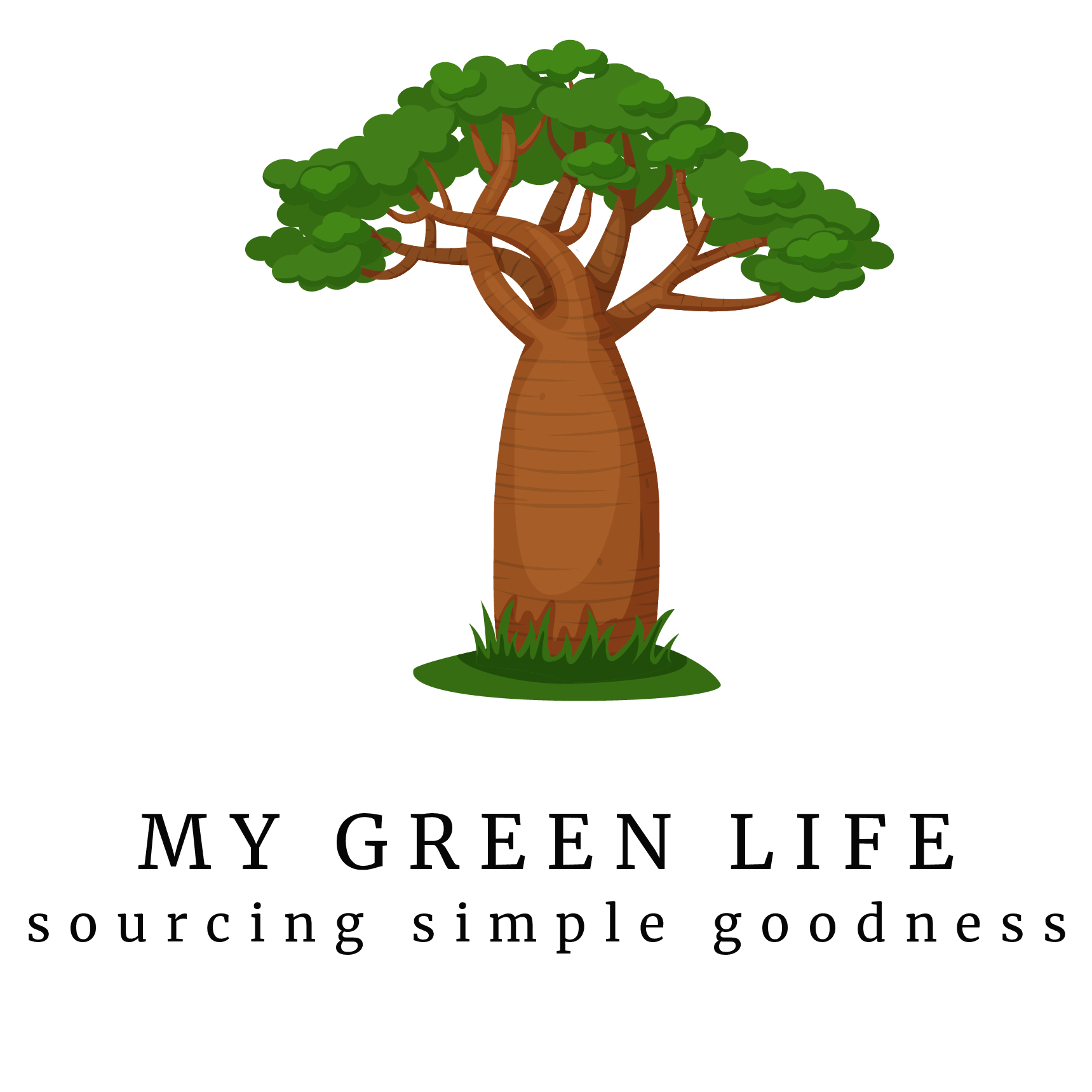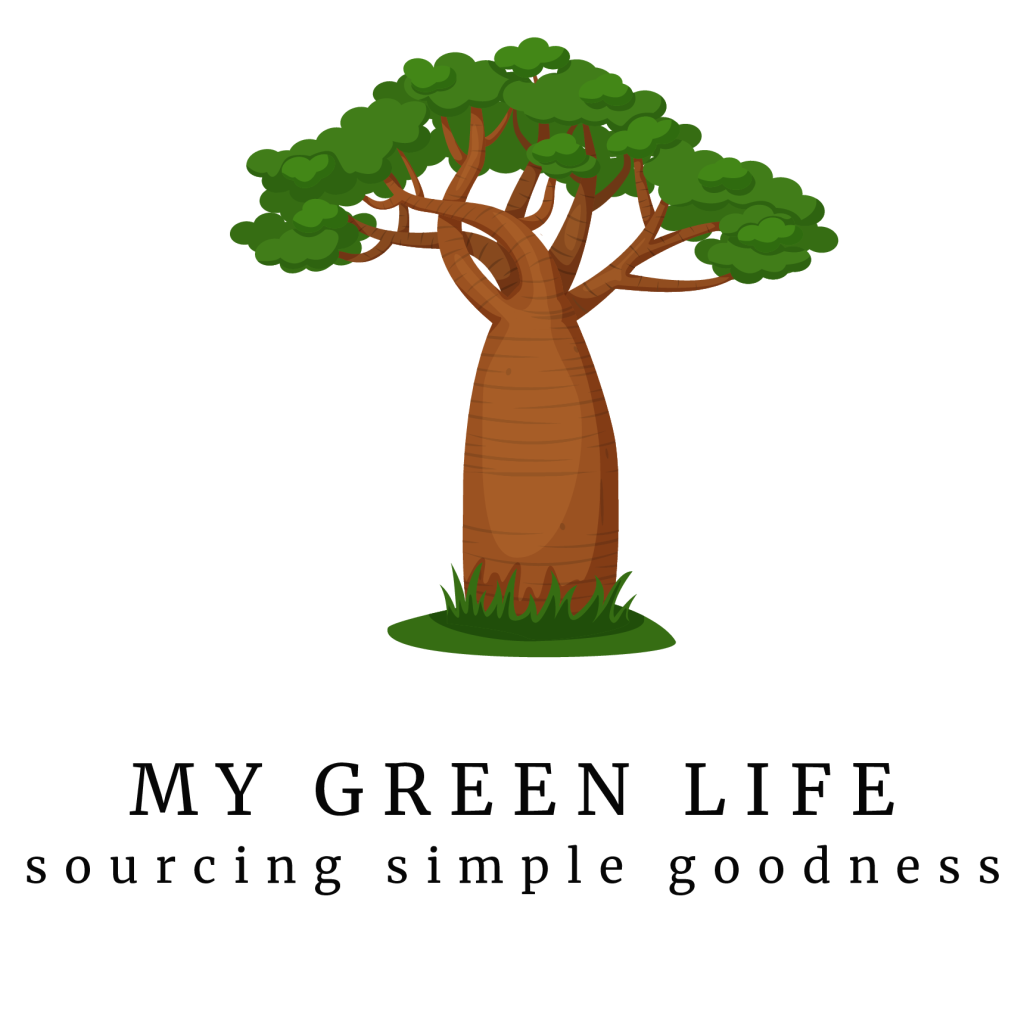7 JUNE: WORLD FOOD SAFETY DAY
Food safety is important. Food safety saves lives. Food safety is everyone’s business. Food standards ensure quality and safety. Foodborne illnesses are usually infectious or toxic in nature and often invisible to the plain eye, caused by bacteria, viruses, parasites or chemical substances entering the body through contaminated food or water. Food safety has a […]
Food safety is important.
Food safety saves lives.
Food safety is everyone’s business.
Food standards ensure quality and safety.
Foodborne illnesses are usually infectious or toxic in nature and often invisible to the plain eye, caused by bacteria, viruses, parasites or chemical substances entering the body through contaminated food or water.
Food safety has a critical role in assuring that food stays safe at every stage of the food chain – from production to harvest, processing, storage, distribution, all the way to preparation and consumption.
A large number of foodborne illnesses contracted through unsafe food is a threat to human health and economies, disproportionally affecting vulnerable and marginalized people, especially women and children, populations affected by conflict, and migrants. An estimated 420 000 people around the world die every year after eating contaminated food and 125 000 children die every year.
Unsafe food containing harmful bacteria, viruses, parasites or chemical substances causes more than 200 diseases. Recent estimates indicate that the impact of unsafe food costs low- and middle-income economies billions in lost productivity each year.
Good hygiene practices in the food and agricultural sectors help to reduce the emergence and spread of foodborne diseases.
Food Safety is everyone’s business
The way in which food is produced, stored, handled and consumed affects the safety of our food. Complying with Global food standards, establishing effective regulatory food control systems including emergency preparedness and response, providing access to clean water, applying good agriculture practices (terrestrial, aquatic, livestock, horticulture), strengthening the use of food safety management systems by food business operators, and building capacities of consumers to make healthy food choices are some ways in which the private sector and civil society can ensure food safety.
Everybody has a role to play from farm to table to ensure the food we consume is safe and will not damage our health, and reduce the burden of foodborne diseases globally. Food safety saves lives.
How do you know your food is safe? You trust everyone involved in growing, processing, packaging, distributing and preparing your food in the right way so that you can enjoy it without falling ill. Yet thousands die each year from foodborne diseases.
Food standards, based on scientific risk assessments, are in place as guidance on hygienic food handling for farmers and processors, define the maximum levels of additives, contaminants, residues of pesticides and veterinary drugs that can safely be consumed by all as well as transported to keep it safe. With standards consumers will know whether the food is safe (allergen labelling) and good for them (nutrition information).
Food supply chains involve several people: producers, processors, transporters, distributors, retailers, cooks as well as consumers. At every point in the chain, there are potential hazards that can cause contamination. Everyone involved at the various stages has a responsibility to keep food safe. On World Food Safety Day there are five calls to action, namely:
- Ensure it’s safe by reading labels and expiry dates, and ensuring containers are not damaged
- Grow it safe by ensuring agriculture and food producers adopt good practices
- Keep it safe during transportation
- Know what is safe by learning about safe and healthy food








 EN
EN


